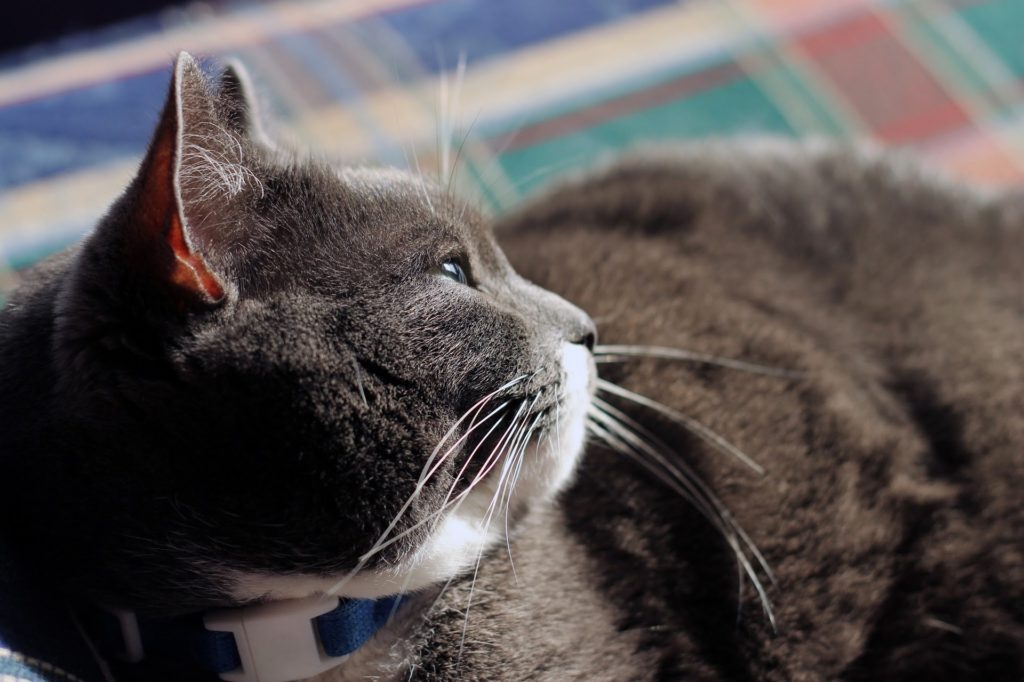Almost half of the country’s pets are classified overweight or obese, according to the World Health Organisation (WHO). This is a result of the high percentage of the human population that are also overweight due to lifestyle choices.
The WHO reports that 39% of all adults are overweight, with 13% classified as “obese”. According to Dr Guy Fyvie, nutritional adviser for Hill’s Pet Nutrition South Africa, those that are overweight can have long-term effects on their pet’s health.
“Your lifestyle choices have an impact on your health – but also impact the health of your pet. Obesity is the number one cause of health problems in pets in South Africa – and around the world – today,” he said.
The US Association for Pet Obesity Prevention argues that a key reasoning for this is that most pet owners are not willing to accept or believe veterinarians because they cannot identify the signs themselves.
“Obesity in pets is a human disease, in that it is usually caused by the people who love them most,” says Fyvie. “It’s simply a case of too much energy in, i.e. food, and too little energy out i.e. exercise and a slow metabolism.”
“It’s hard to be objective about those we love,” says Dr Fyvie. “When you see your pet every day, gradual changes may not be that evident. It’s advisable to seek a professional opinion.”
Overweight pets typically live shorter lives and are more likely to develop health problems like arthritis, urinary conditions, skin problems, heart disease and even cancer. They also struggle to walk, develop shortness of breath, exhibit bad tempers and sleep more than usual.
If you cannot easily feel your pets ribs when you run your fingers along their side, they are most likely overweight says Fyvie.
October is Pet Obesity Month, and all pet owners are encouraged to take active steps in their pets health. Pet owners can take their pets to participating Hills Pet Slimmer veterinary practices for a free weight assessment.
Picture: Pixabay

